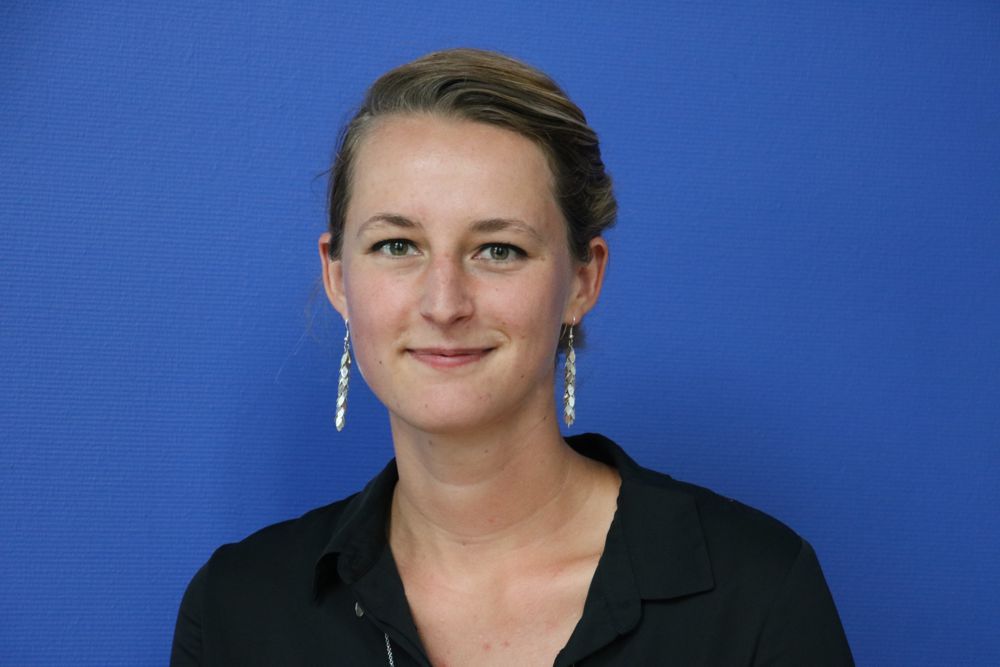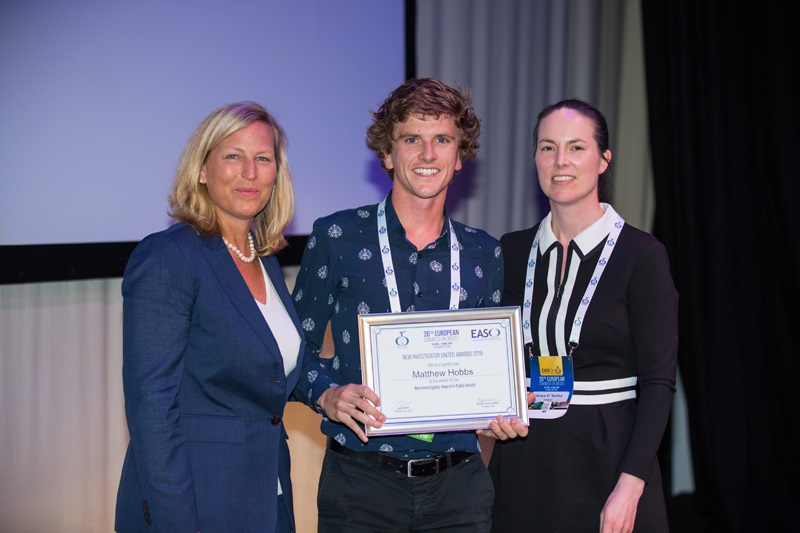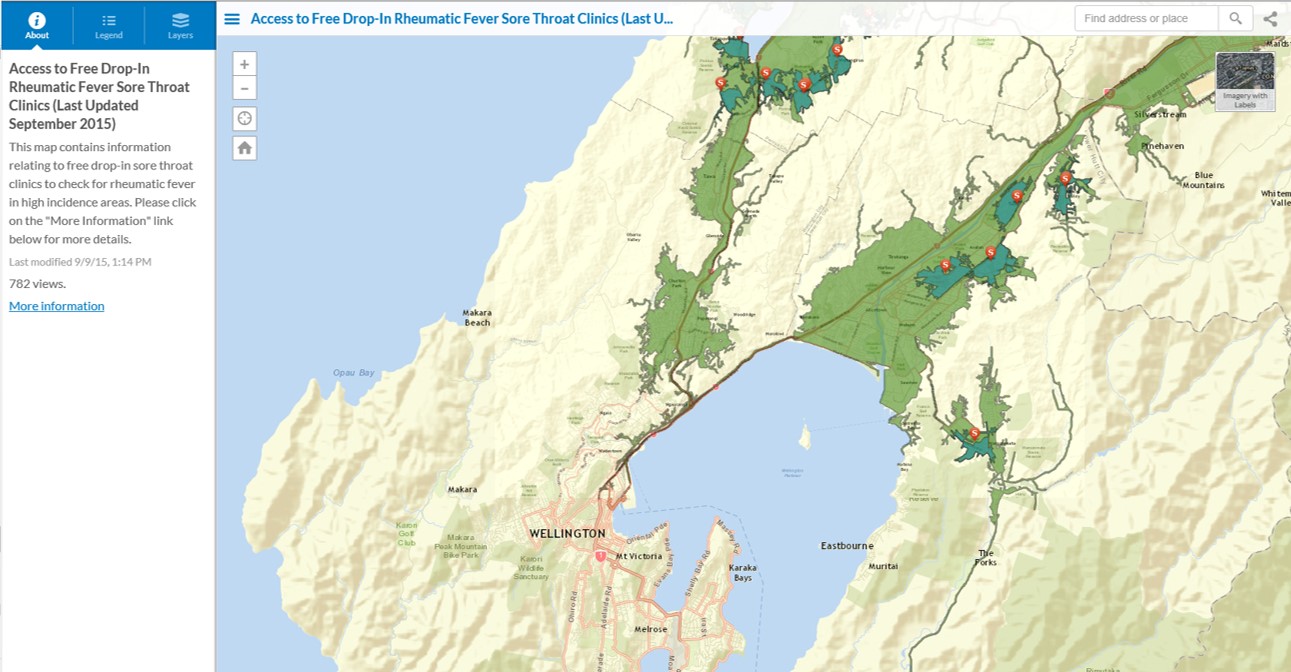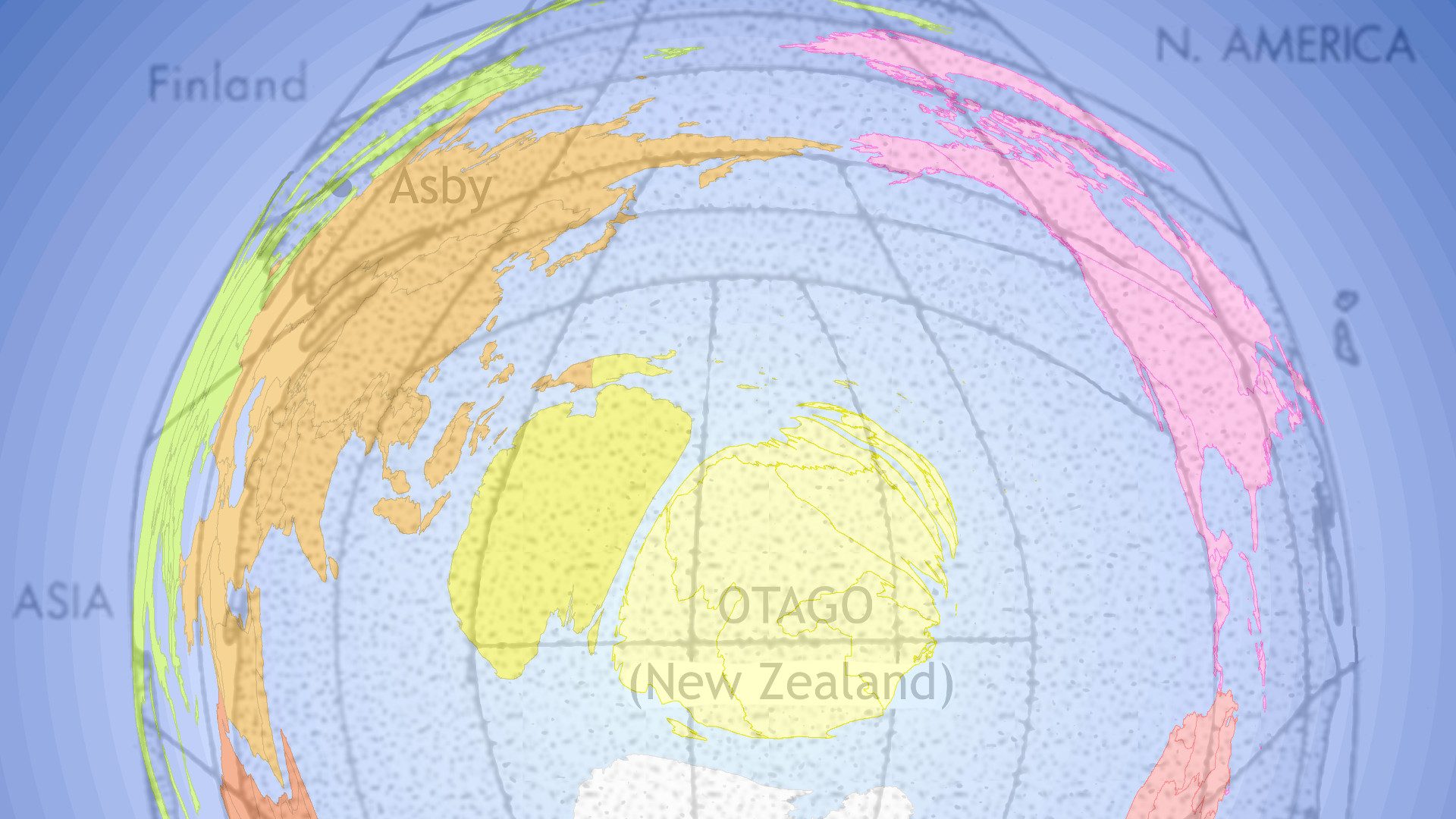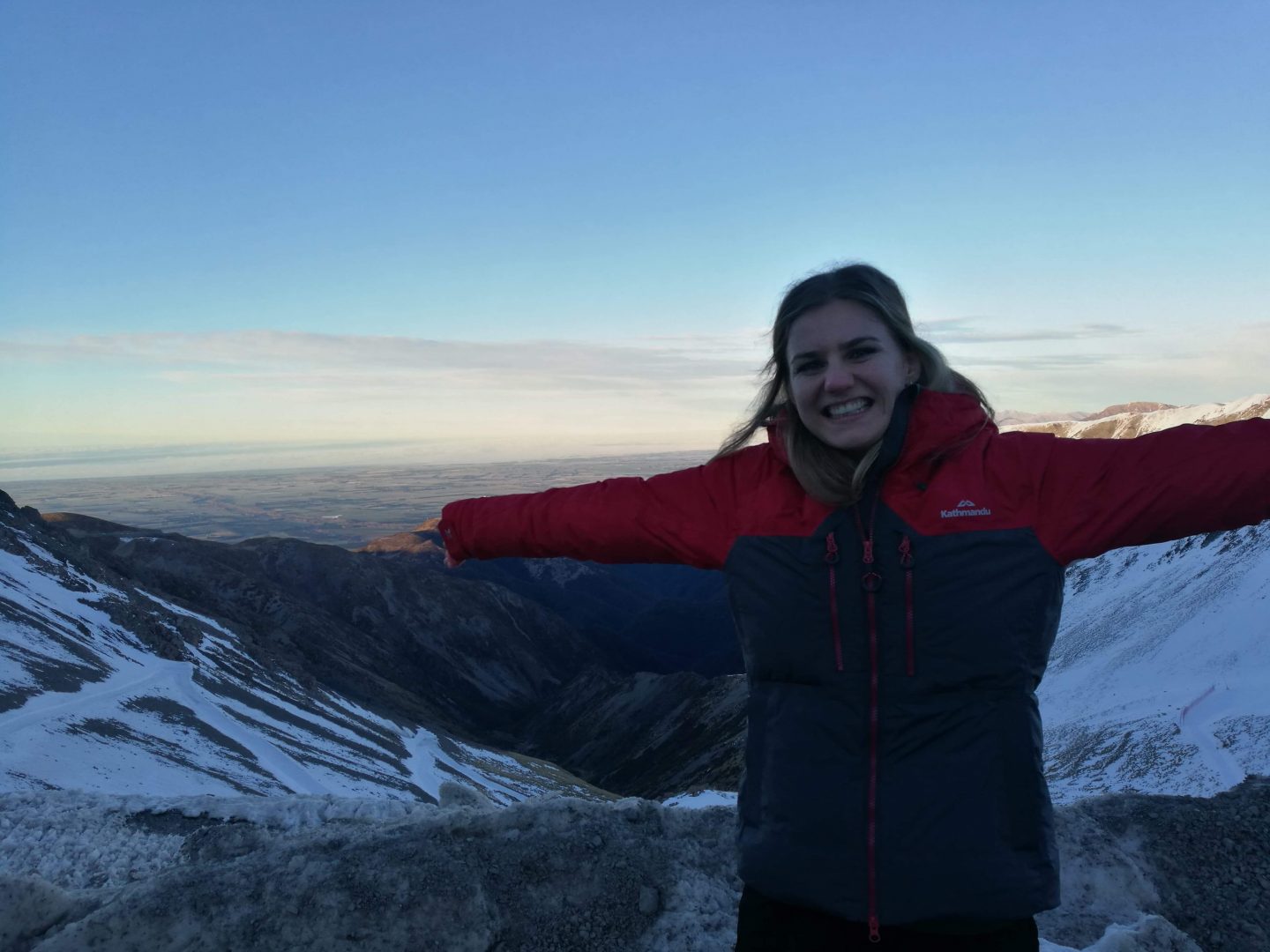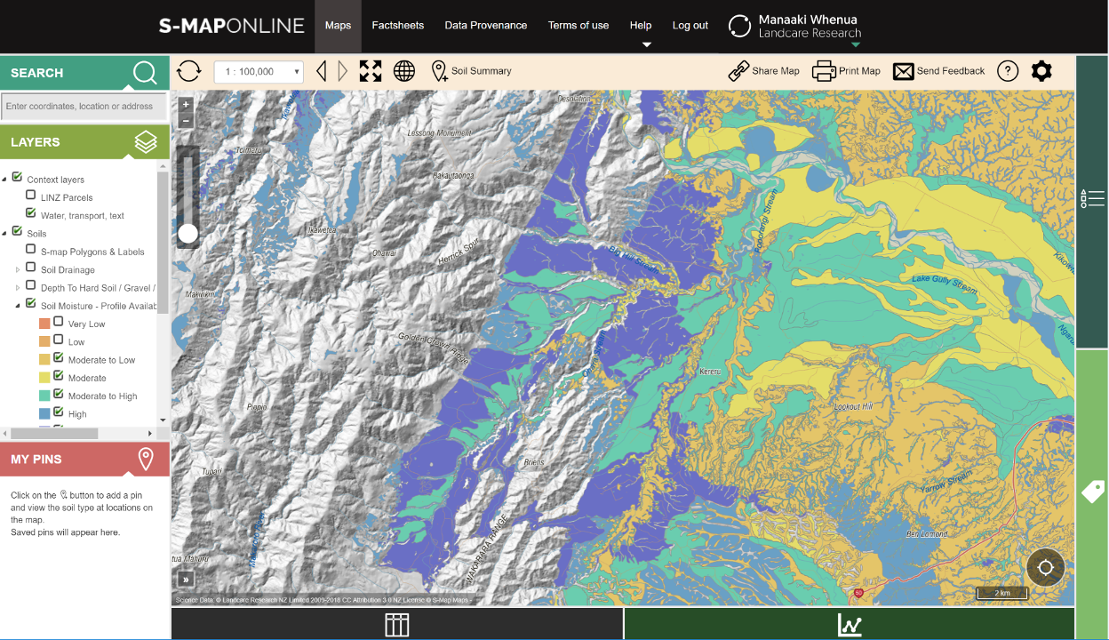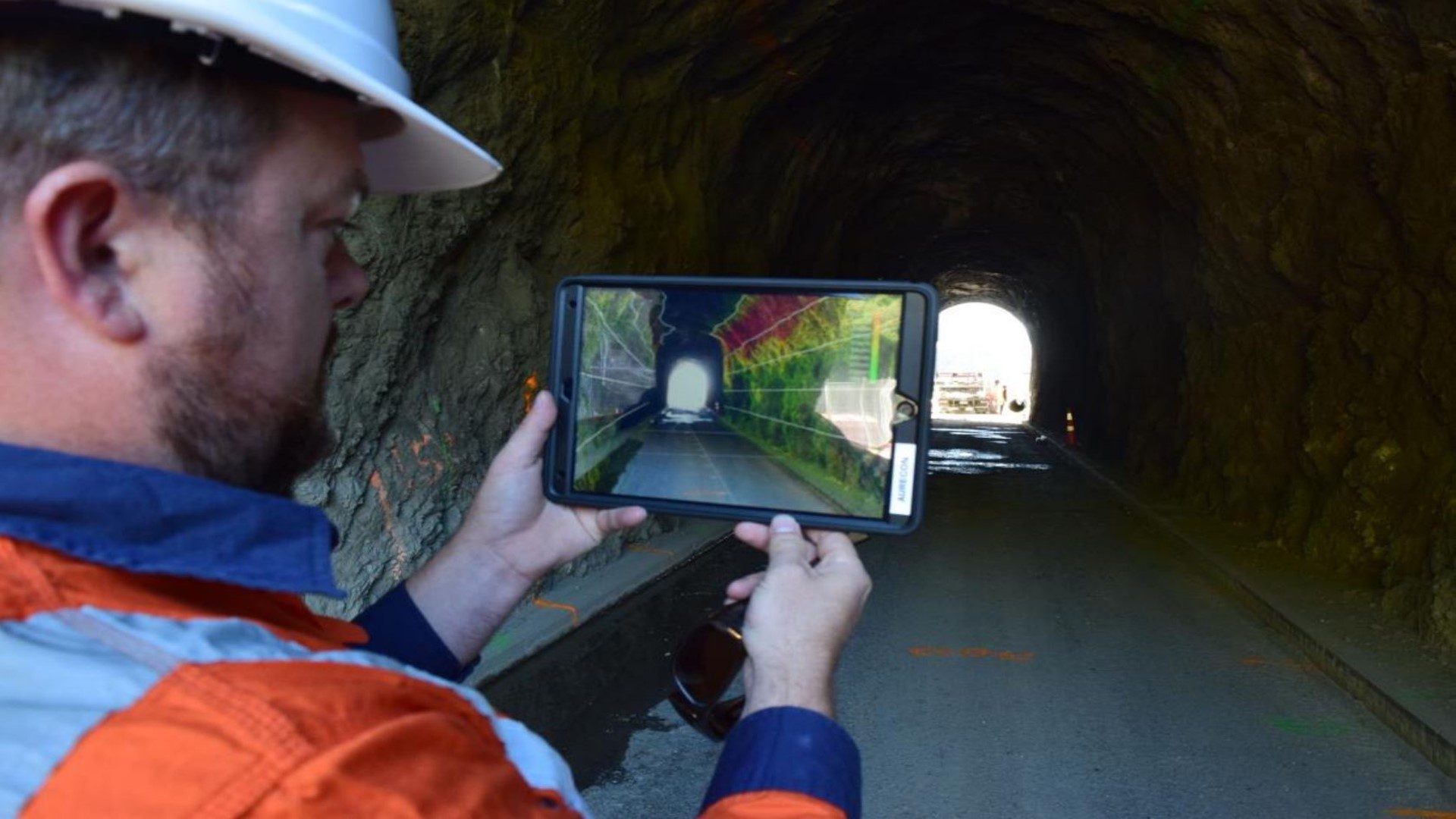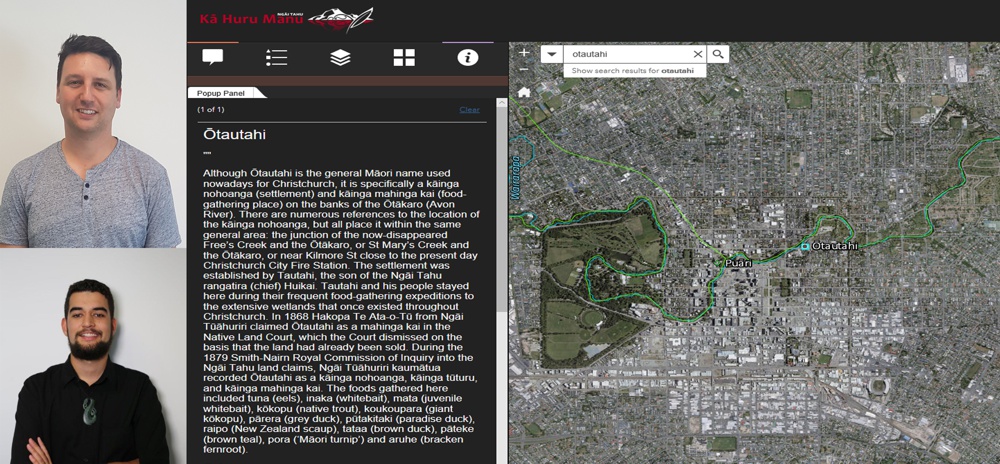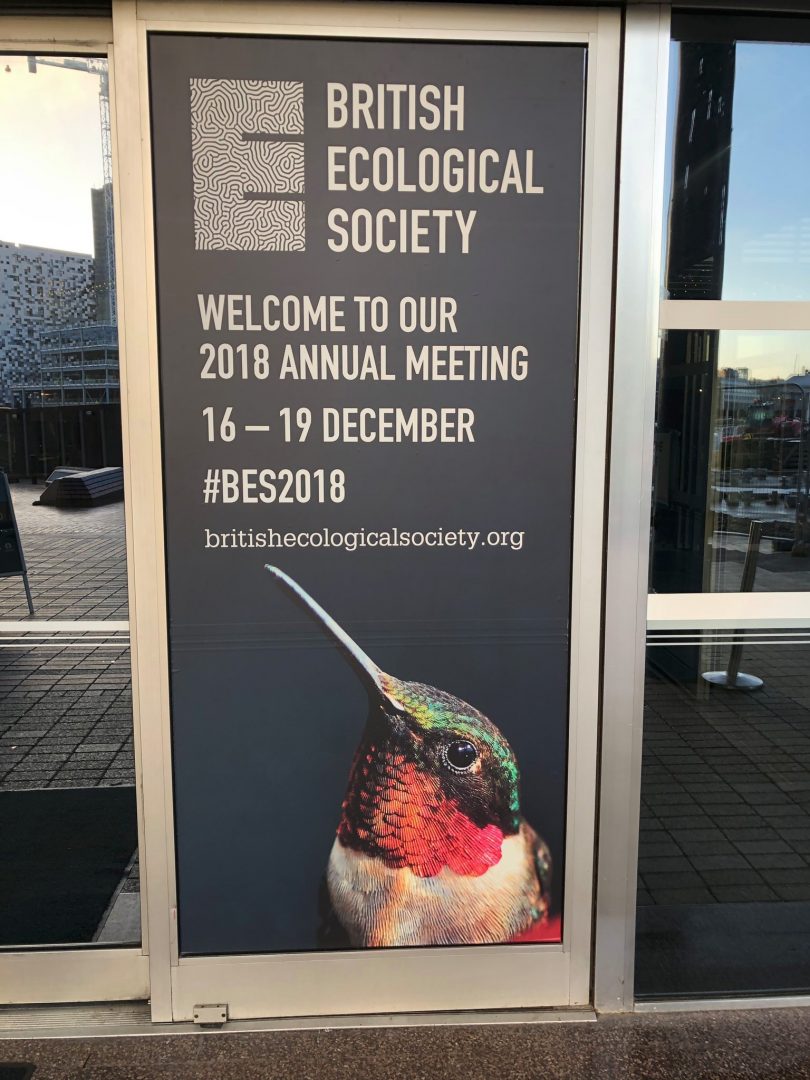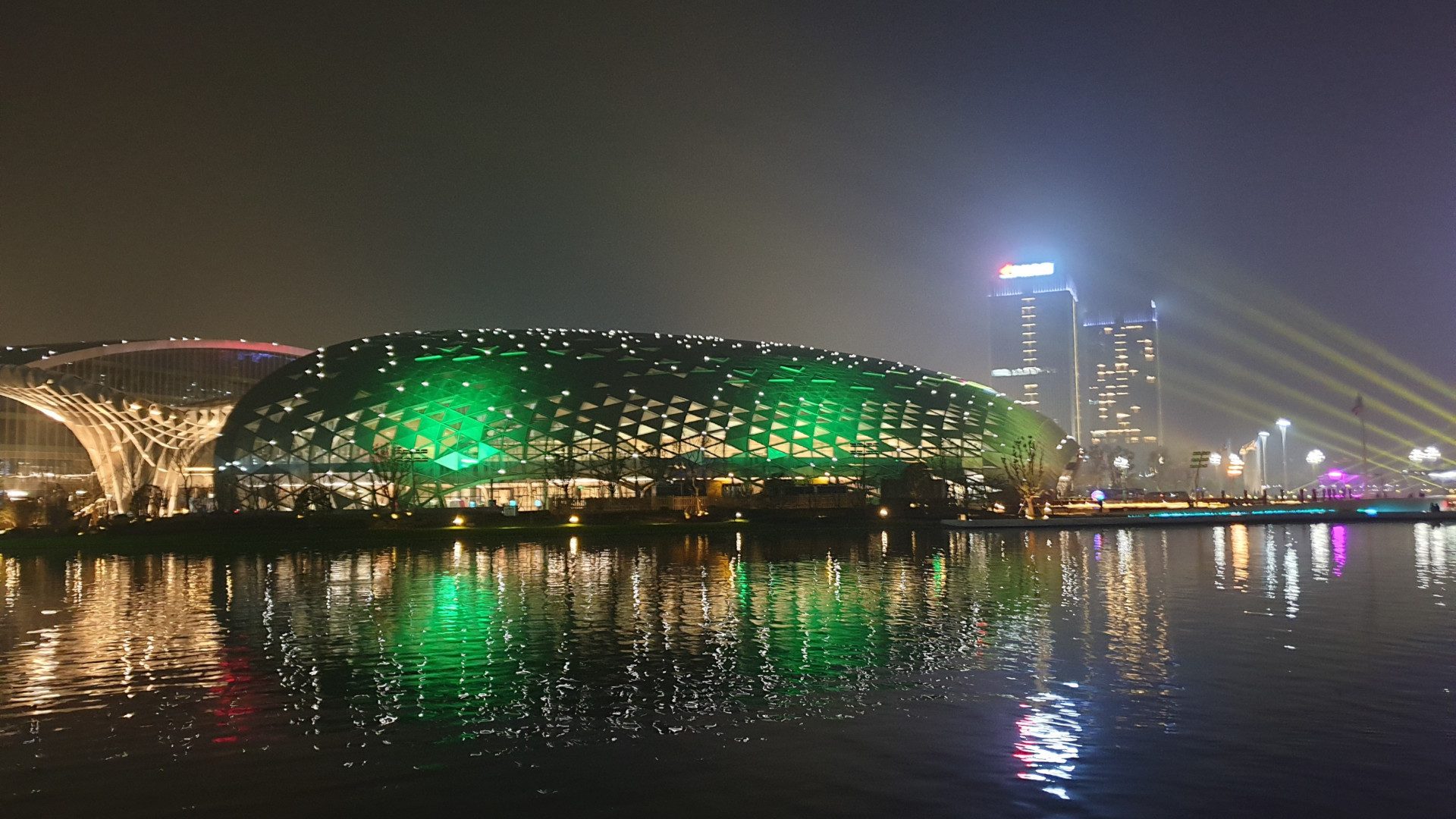The collection and analysis of environmental data are critical to us understanding the New Zealand environment of the past, today and to anticipate the future. Conclusions drawn from environmental observations, analysis and models guide decisions and actions by governments, businesses and individuals. The complexity of the issues we need to understand require the ability to easily discover, access and use environmental data across a broad range of domains. The reality is that although environmental data is abundant, potential users are hampered by an inability to discover, access, and use the information.
